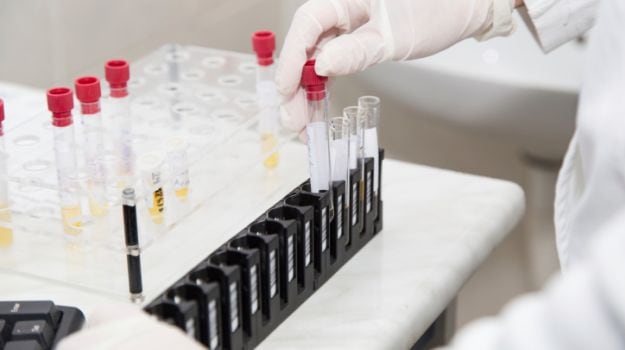According to the World Health Organization, only 34 countries have national plans to fight the global threat of antibiotic resistance, which shows that only few are prepared to tackle "superbug" infections which put even basic healthcare at risk.In a survey of government plans to tackle the issue, the World Health Organization said only a quarter of the 133 countries that responded were addressing the problem.(Antibiotic Resistance a Major Threat to Public Health)
"This is the single greatest challenge in infectious diseases today," said Keiji Fukuda, the WHO's assistant director-general for health security. "All types of microbes, including many viruses and parasites, are becoming resistant. This is happening in all parts of the world, so all countries must do their part to tackle this global threat," he added.Antimicrobial drugs such as antibiotics and antivirals are used to treat conditions such as bloodstream infections, pneumonia, tuberculosis, and HIV. But superbug infections -- including multi-drug-resistant forms of TB -- already kill hundreds of thousands of people a year, and the trend is growing.Yet according to the WHO, few countries have plans to preserve antibiotics. Those that do are largely in wealthier regions such as Europe and North America, where health systems are better organised and funded and scientific capabilities are more advanced."Many more countries must ... step up" with comprehensive strategies to "prevent the misuse of antibiotics and reduce spread of antimicrobial resistance", the WHO report said.(Increased Use of Antibiotics in Animals Causing Concern)Monitoring is key for controlling antibiotic resistance, the WHO said, but it is currently not effective. In many countries, poor laboratory capacity, infrastructure and data management are preventing effective surveillance, making it difficult to discern patterns of resistance and identify disease trends and outbreaks.At the same time, non-prescription over-the-counter sales of antimicrobial drugs are common, increasing the risk for overuse and abuse by the public and by unscrupulous doctors.Commenting on the WHO's report, Mike Turner, head of infection and immunobiology at international health charity The Wellcome Trust, described drug-resistant infections as "one of the biggest threats to the future of global health"."Yet in most areas of the world we have no idea which drugs are being sold to whom and for what purpose. This is an appalling state of affairs. We cannot hope to stop bacteria becoming resistant to drugs unless we have simple, basic information in place," he added.
"This is the single greatest challenge in infectious diseases today," said Keiji Fukuda, the WHO's assistant director-general for health security. "All types of microbes, including many viruses and parasites, are becoming resistant. This is happening in all parts of the world, so all countries must do their part to tackle this global threat," he added.Antimicrobial drugs such as antibiotics and antivirals are used to treat conditions such as bloodstream infections, pneumonia, tuberculosis, and HIV. But superbug infections -- including multi-drug-resistant forms of TB -- already kill hundreds of thousands of people a year, and the trend is growing.Yet according to the WHO, few countries have plans to preserve antibiotics. Those that do are largely in wealthier regions such as Europe and North America, where health systems are better organised and funded and scientific capabilities are more advanced."Many more countries must ... step up" with comprehensive strategies to "prevent the misuse of antibiotics and reduce spread of antimicrobial resistance", the WHO report said.(Increased Use of Antibiotics in Animals Causing Concern)Monitoring is key for controlling antibiotic resistance, the WHO said, but it is currently not effective. In many countries, poor laboratory capacity, infrastructure and data management are preventing effective surveillance, making it difficult to discern patterns of resistance and identify disease trends and outbreaks.At the same time, non-prescription over-the-counter sales of antimicrobial drugs are common, increasing the risk for overuse and abuse by the public and by unscrupulous doctors.Commenting on the WHO's report, Mike Turner, head of infection and immunobiology at international health charity The Wellcome Trust, described drug-resistant infections as "one of the biggest threats to the future of global health"."Yet in most areas of the world we have no idea which drugs are being sold to whom and for what purpose. This is an appalling state of affairs. We cannot hope to stop bacteria becoming resistant to drugs unless we have simple, basic information in place," he added.
© Thomson Reuters 2015
Advertisement
For the latest food news, health tips and recipes, like us on Facebook or follow us on Twitter and YouTube.
Tags:










